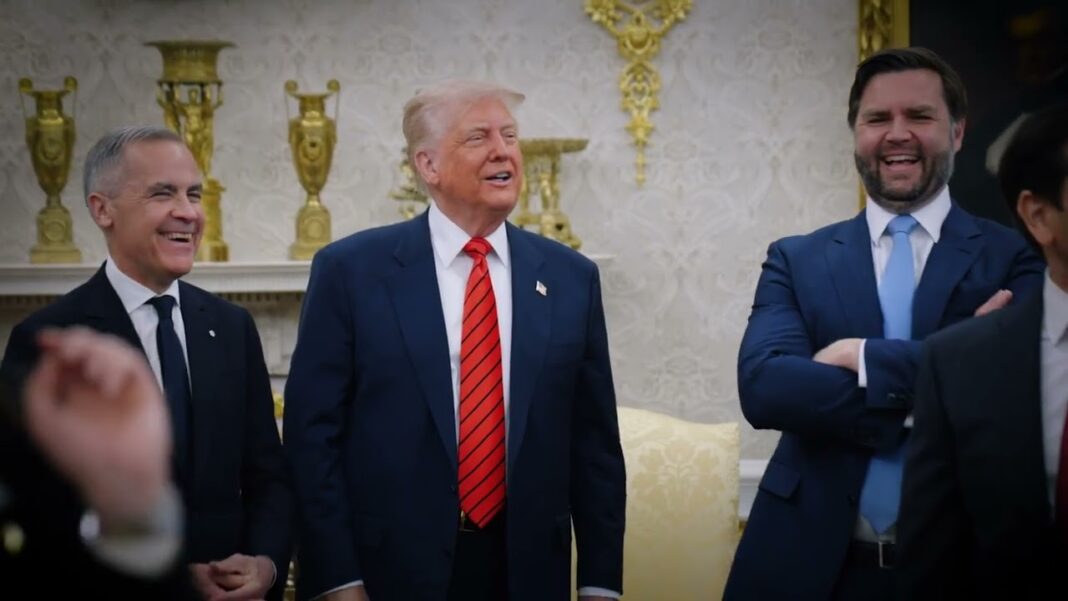With an eye on rich natural resources and overland trade routes, Brussels, Beijing, and Washington are all vying for influence in the five Central Asian states.
Speaking recently in Kazakhstan, Italian Prime Minister Giorgia Meloni described Central Asia as a vital “crossroads” between East and West—a region, she said, that plays a “strategic role in the global scenario.”
Her remarks were more than mere diplomatic hyperbole. Along with being rich in natural resources, Central Asia is home to several emerging transit routes poised to change the dynamics of trade between Asia and Europe.
Meloni called for enhancing ties between Italy and the five Central Asian states—Kazakhstan, Kyrgyzstan, Tajikistan, Turkmenistan, and Uzbekistan—to make relations “more sound, long-lasting, and strategic.”
In recent years, the EU, the United States, and China have all expended significant effort—and capital—to draw Central Asia into their respective geopolitical orbits.
“There is clearly a competition between major powers, as well as regional powers like Iran and Turkey, in Greater Central Asia,” said Mamuka Tsereteli, a senior fellow at the Central Asia-Caucasus Institute at the American Foreign Policy Council.
“The U.S. and the EU are latecomers in this competition,” Tsereteli told The Epoch Times. “They are way behind in terms of their presence in, and commitment to, the region.”
He attributed the burgeoning Great Power rivalry over Central Asia to a “combination of factors,” including “access to resources, trade routes, and a growing market with increasing purchasing power.”
Richard Spooner, a Central Asia expert based in Astana, agreed, saying “all three powers [the United States, the EU, and China] have an interest in Central Asia.”
“For the United States and the EU, this interest has increased recently due to the heightened attention being paid to the role of critical minerals in powering the green energy transition, and China’s dominant position in that sector,” Spooner told The Epoch Times.
‘Partners of Choice’
Meloni made her remarks at the Astana International Forum, which was held in the Kazakh capital on May 29 and 30.
Attended by officials from dozens of countries, including some heads of state, the forum tackled a range of issues, including energy security, inter-regional trade, and a host of bilateral cooperation initiatives. The leaders of all five Central Asian states participated in the event, which was chaired by Kazakh President Kassym-Jomart Tokayev.
By Adam Morrow







